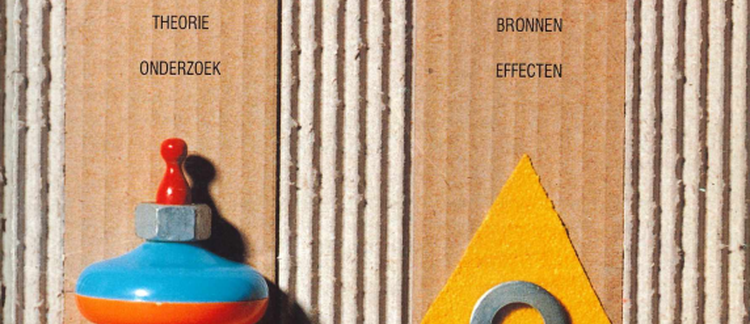Abstract
Public involvement in politics and society are debated in a sombre mood these days. In recent American literature the decline of involvement is associated with a decline in social and institutional trust. After a brief review of this and older literature about possible connections, data from the Dutch national electoral studies 1972- 1998 are analyzed to unveil trends in social and political participation and trust trends, and to explore their relatedness. There has been a decline in party politics in the Netherlands, a strong increase in 'unconventional' politics, an increase in social participation, an increase in social trust, and no clear trend in political trust. Social trust appears to be positively related with trust in parliament and in public Information. Social participation turns out to be linked with political participation, but it shows hardly any relationship with social trust. More detailed analyses of the 1998 data confirm the irrelevance of organized social interaction for trust: neither membership of 'secondary' organizations (opposed to 'tertiary' mailing list organizations) nor activity as a member has a consistent positive effect on trust. The participation-trust junction seems to be easily exaggerated in the present debate about 'social capital'. The possibility of a dissociation between (steady) voluntary social involvement and (declining) participation in democratic political institutions, is a topic that deserves more interest.
How to Cite:
Dekker, P. & De Hart, J., (1999) “Het sociaal kapitaal van de Nederlandse kiezer”, Tijdschrift voor Sociologie 20(3-4), 303–331. doi: https://doi.org/10.21825/sociologos.86478
Downloads:
Download PDF
View PDF


